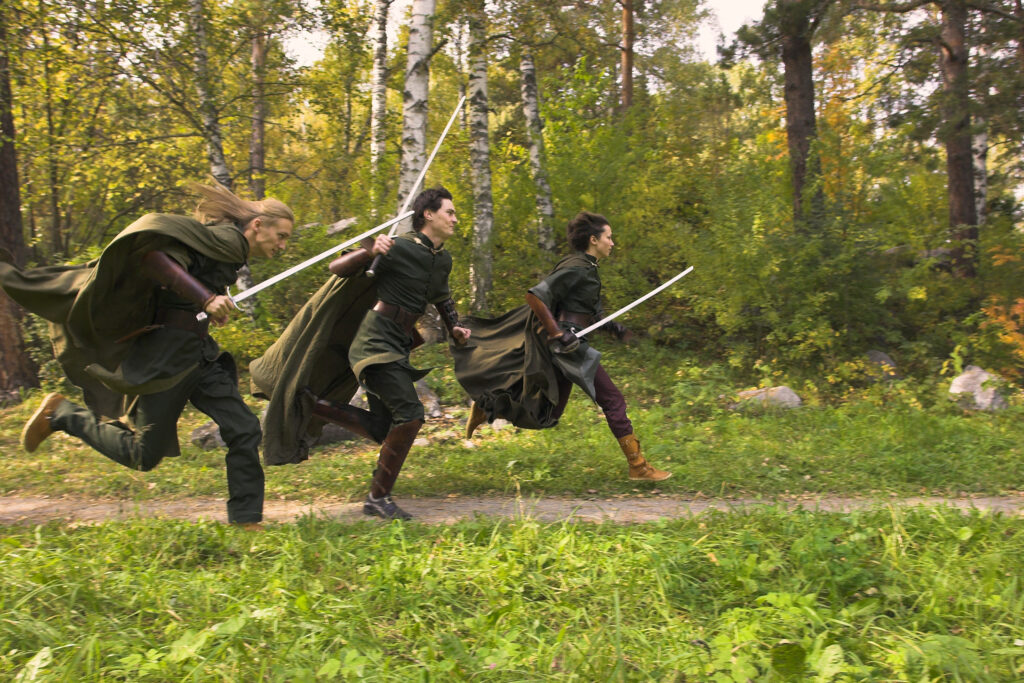
As I’ve been digesting Valarie Kaur’s See No Stranger this summer, I’ve been wrestling with a word. With a concept, really. The concept of fighting.
I tend to avoid violent imagery and military allusions when I talk about spiritual ideals. It seems more congruent to me to envision a peaceful world through imagery that conveys peace.
But Valarie Kaur writes about fighting to protect the vulnerable. Fighting alongside people who share a vision of wholeness and healing for the world. Fighting for deep values that matter to us—essentially fighting for a global community with peace, liberty, and justice for every person.
Fighting for our principles hasn’t typically felt like the right approach to me. When I consider Valarie Kaur’s faith identity as a Sikh, I know that being a warrior-sage is a part of that identity. Fighting for something, or fighting to defend someone, or fighting alongside people—these are probably inspiring concepts for her. For a lot of people.
So, I’ve been pondering what it might mean to fight for a vision of wholeness and well-being for the world. In a way, it seems to mean treating our principles like they matter.
Our Unitarian Universalist principles aren’t just ideals. All our principles are calls to action. If we say we honor the inherent worth and dignity of every person, but then sit idly by while people are dehumanized, our principle doesn’t really mean much. If we say our human relationships are characterized by justice, equity, and compassion, we need to back up that principle with our behavior—in all our relationships—or else it’s just a nice idea.
From that perspective, fighting for our principles, alongside one another, to defend those who are most vulnerable could make sense. It’s a way of acknowledging that a vision of peace, liberty, and justice for the world isn’t just going to happen while we sit back and watch. We can’t be spectators and also be committed to the principles we claim.
Maybe that’s why the Eighth Principle frightens some people. Dismantling oppression may seem violent. Maybe in a certain sense it is. Maybe a vision for justice and wholeness can only be built if we tear some things down first. I’m not convinced that’s the only way, but I’m willing to consider it as a possibility.
There might be a better concept than fighting. Something more inspiring to me personally at least. But I don’t want to dismiss the word just because it’s uncomfortable to me. I’m letting it steep for a bit.
What does it mean to go to battle? Not against people, but against oppressive systems and practices. What does it mean to go to battle for our principles? To fight for a vision of wholeness, to defend the most vulnerable, alongside people who share in that vision for the world?
And what does it mean to be grounded and centered enough that we don’t just get swept up in the energy of fighting?
Share this post: